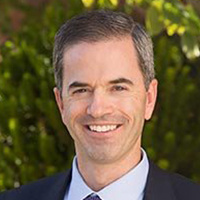Chandler Felony Lawyer, Arizona
Sponsored Law Firm
-
 x
x

Click For More Info:
-
The Hogle Firm
1013 S Stapley Dr, Mesa, AZ 85204» view mapCriminal Law It's who we are. All day. Every day.
We pride ourselves on the best quality service to any client that we represent.
800-684-9891
Marc J. Victor
✓ VERIFIEDMarc J. Victor Bar number – 016064 AZ is a certified Criminal Law Specialist by The Arizona Board of Legal Specialization and is admitted in Arizona... (more)
Jeremy S. Geigle
✓ VERIFIEDJeremy earned his undergraduate degree from the Marriott School of Management at Brigham Young University in 1998. He then attended Pepperdine Univers... (more)
Ryan McPhie
✓ VERIFIEDGrand Canyon Law Group (formerly McPhie Law) was created to fight for the little guy. We pride ourselves on being the law firm that fights hard and pu... (more)
Kristen M Curry
✓ VERIFIEDKristen Curry has been certified as a Criminal Law Specialist through the State Bar of Arizona for the past 18 years and has extensive jury trial and ... (more)
John Schill
✓ VERIFIEDIf you've been arrested for driving under the influence (DUI) or another criminal offense in Phoenix, Arizona, who will you bring to the fight? Workin... (more)
FREE CONSULTATION
CONTACTFREE CONSULTATION
CONTACTFREE CONSULTATION
CONTACT Dana Hogle Mesa, AZ
Dana Hogle Mesa, AZ AboutThe Hogle Firm
AboutThe Hogle Firm Practice AreasExpertise
Practice AreasExpertise






